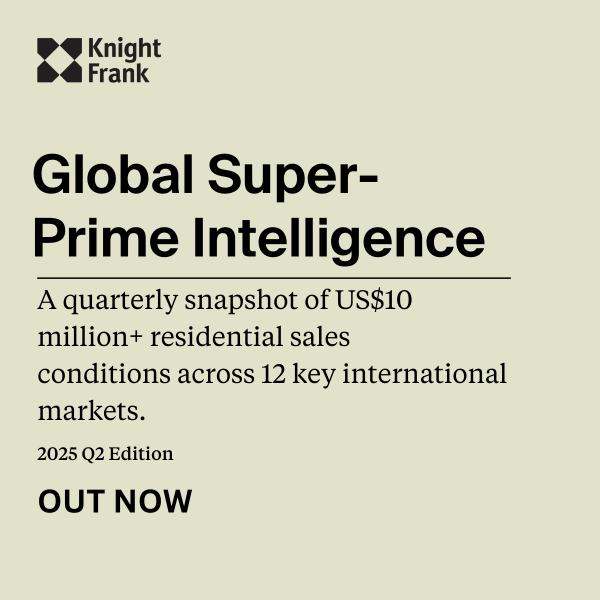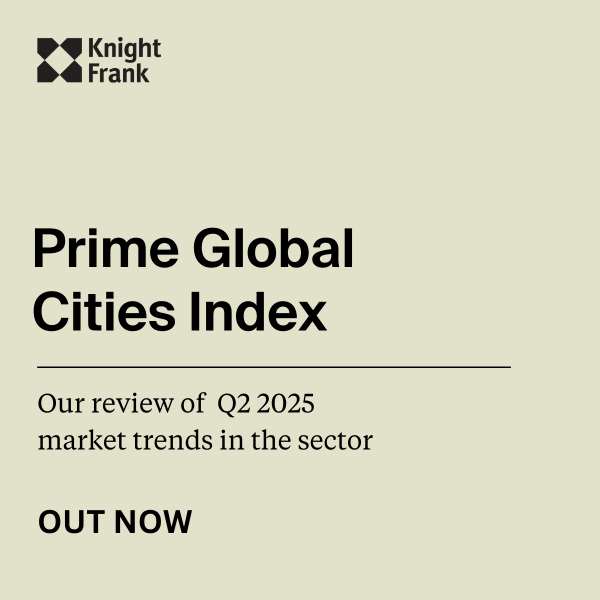Marbella, more attractive to foreign digital nomads & start-ups

New tax rules benefiting foreign digital nomads and start-ups came into force in Spain at the beginning of January 2023. These new tax incentives are part of the new 'Start-up' Law (officially named the Ley de Fomento del Ecosistema de las Empresas Emergentes). The Law includes important tax measures, removes bureaucratic obstacles and makes the procedures to create and invest in start-ups more flexible.

It also contains important measures to attract international talent and recover domestic talent, encouraging the establishment of remote workers and digital nomads in Spain. Significant tax measures are introduced, such as a reduction in Corporation Tax for qualifying start-ups (which drops from 25% to 15%) for four years.
Less red tape
Other elements of the new law include a much-welcomed reduction of administrative red tape and the facilitation of visas. The procedures for setting up a company are streamlined into just one step and can be completed online without notary or registry expenses.
Who is this for?
In order to attract talent, the tax regime has been improved for Non-resident Income Tax. This is applicable to executives and start-up employees, investors and “digital nomads” (people who temporarily settle in Spain and work remotely) and their families, who are eligible for a special visa for up to 5 years.
Who qualifies?
The beneficiaries must be people who become tax residents in Spain. Once they relocate to Spain they can choose to pay the Non-Resident Income Tax (IRNR), keeping their status as taxpayers for the Personal Income Tax (IRPF) except for the application of double tax treaties, during the tax period in which the change of residence is made and during the five following tax periods. Those who opt for this option will be subject to Wealth Tax, where applicable.
To qualify for the above, the person must have a work contract to work remotely from Spain, or be an entrepreneur who will carry out a business activity of special economic interest in Spain, or be a highly qualified professional, and not have been a resident in Spain in the preceding five tax periods prior to their move to Spain.
Company administrators who fulfil certain conditions can also apply. In either case, in order to qualify, the person must not have an income from a permanent business located in Spain.
These new measures improve the special tax regime for impatriates (“Beckham Law”) simplifying the requirements and encouraging the attraction of talent to Spain. The 'Beckham Law' is applicable to people relocated to Spain to work subject to a job contract (with the exception of professional athletes).
Families
The taxpayers' spouses and their children, under 25 years of age or whatever their age in case of disability, or if there is no marriage, their parent will also qualify under this new regime.
Startup definition
The draft law defines a “startup” as new companies or companies that are innovative in nature and have annual revenues of under 5 million euros. They must be less than 5 years old (in some cases 7), and be independent of other companies, not listed on the stock market and have not shared their profits.
According to Santiago Lapausa, Partner and Head of the Tax Department at JC&A Abogados “Spain in general and the Costa del Sol in particular were already a popular destination for remote working for many reasons that appeal to a broad audience, from CEOs to administrative staff and of course IT professionals. This improvement on the 'Beckham Law' will definitely attract more people to live and work in Spain, and Andalucia is on the top of the list not only for its well-known qualities but also for its low tax legislation. Málaga, with the successful technology park and the arrival of large tech companies to the city such as Google or Oracle will no doubt benefit the most from this new startup law”.
More details about the new Startup Law
Disclaimer: This article is for general information purposes only and should not be considered a substitute for specific, professional advice from a tax advisor or lawyer.
Pia Arrieta, 01 Feb 2023 - News
Related Articles

Knight Frank Global Super-Prime Intelligence Q2 2025: Global sales surge by a third
2 min. read · Pia Arrieta

The impact of foreign property buyers in Spain
6 min. read · Pia Arrieta

Top emerging areas in Marbella
5 min. read · Pia Arrieta

Knight Frank: Prime Global Cities Index, Q2 2025
2 min. read · Pia Arrieta